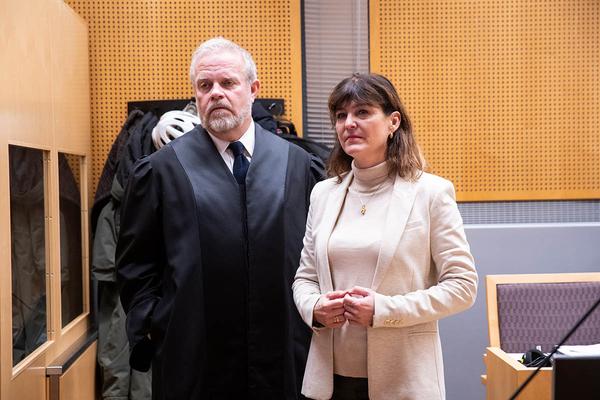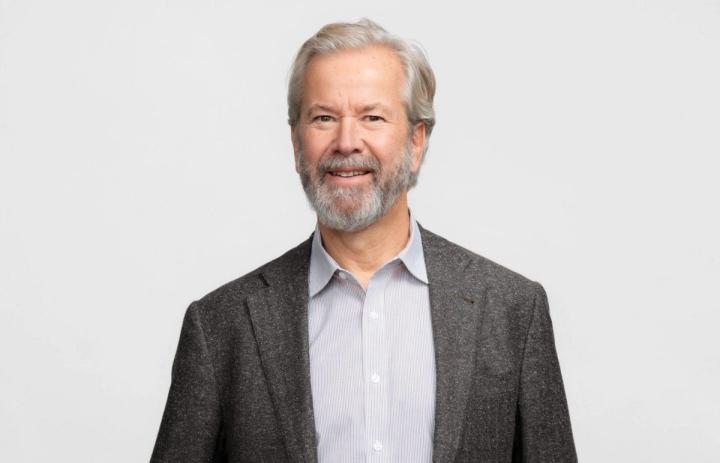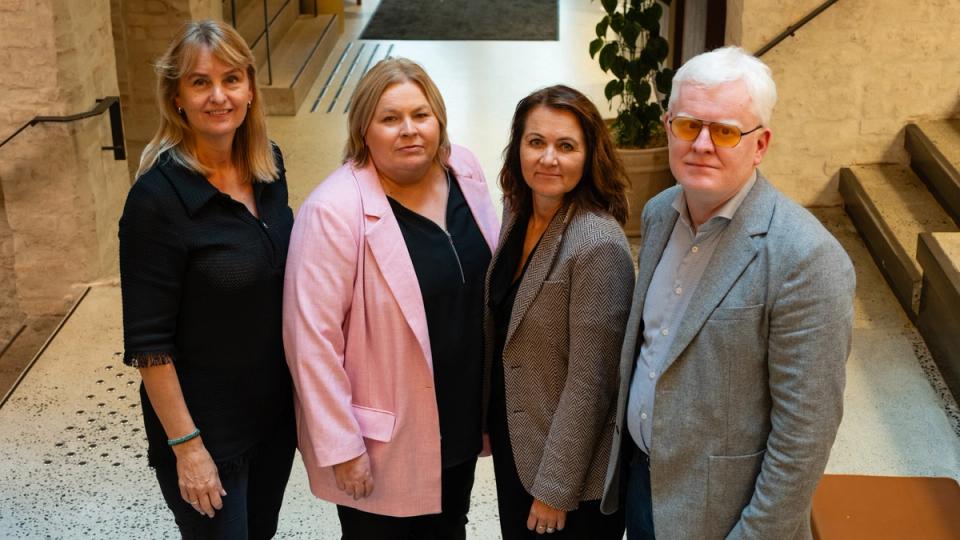1. mars 2018
Crisis of credibility

A new report on media groups conclude that the credibility of media companies starts to suffer when their owners demand […]
A new report on media groups conclude that the credibility of media companies starts to suffer when their owners demand short-term revenue and stops believing in the media’s main mission: to report about the truth.
In 2017 a Spanish foundation called Fundación Compromiso y Transparencia, published the report The Front Page. It analyses the transparency of 20 Spanish media companies and their best practices associated with credibility and independence.
– Without any doubt, the Tinius Trust is one of the best existing practices in terms of how the ownership structure can be engaged in the defense of the values of independence and credibility in media companies, says Javier Martín-Cavanna, the director of Fundación Compromiso y Transparencia.
The report, written by Javier Martín-Cavanna, Elena Herrero-Beaumont and Begoña Morales, is summarized below and available in Spanish here.
The Front Page
The Front Page-rapport outlines clear variables and indicators that may help legacy media to overcome its current crisis of credibility, and to recover it’s independence.
The credibility and independence of media companies has never been as questioned and threatened as today. The great temptation is to look at the “external enemies”, and take comfort in the idea that the rationale lie outside. But our main claim is that those enemies sometimes lie inside of the media companies. The credibility starts to suffer when the media organizations stops believing in its main mission: to report about the truth.
In order to protect media companies’ credibility and independence, owners and journalists need to reflect upon the following questions:
- Which methods exist in the newsroom for reporters and writers to verify the sources of information?
- How can we protect the independence of journalists from pressures coming from advertisers or managers of the media group?
- What sort of training do media employees receive in questions related to ethics?
- What internal procedures are in place to secure the compliance of ethical codes and principles?
- Which mechanisms exist to manage conflicts of interest with shareholders?
- Which channels and procedures exist to satisfy the demands and complaints of readers or people affected by the news published by the outlet?
- How does digital transformation impact the rigour and quality of editorial content?
- Is media ownership public and transparent?
- To what extend are editorial policies public?
The report conclude that five relevant areas directly affect the credibility and independence in media companies: ownership, governance, financial information, production and publishing of editorial content, and compliance.
The Report’s main conclusion is that the great majority of the media companies analysed do not disclose relevant information about their owners, their governance and compliance systems, their risk control systems, their self-regulation codes, their mechanisms to manage conflict of interest, etc. More specifically, the report identifies the following (negative) results:
- None of the 20 media groups analysed discloses competencies of the Board of Directors related to editorial risks associated with their independence or credibility.
- None of them publishes a report where these risks are being identified and managed.
- None of them discloses systems to monitor the compliance with policies and procedures that guarantee its credibility and independence.
- None of them discloses the training it offers to its employees on these matters.
- Only Grupo Vocento discloses information about its advertising revenue in its Sustainability Report, breaking them down by industry sectors and specifying the quantity and percentage of revenues coming from listed companies and public institutions out of the total.
- Only Grupo Antena 3, has uploaded on its website both an editorial and an ethics code that include clear editorial guidelines.
- Only Grupo Antena 3 discloses partially its branded content policies.
On the basis of the key findings, we outlined a set of recommendations that may help legacy media to recover its independence:
- Media groups must pay more attention to their ownership structure, making sure that their main shareholders are truly committed with the mission, vision and values that shall strengthen their group’s editorial credibility and independence.
- The Board of Directors, either directly or through one of the commissions, must approve and monitor the policies and procedures aimed at protecting the group’s credibility and independence.
- The Board should approve a report that clearly identifies the risks to the group’s credibility and independence, and include a number of policies and procedures to prevent these risks. This report should also include a compliance mechanism that assures accountability.
- The manuals of style and editorial codes must specify much more and with more rigour the norms and methods that journalists must follow in order to produce high quality content. We have found very general references in the existing codes when it comes to verification, freedom of expression, treatment of sources, etc., which are difficult to comply with and guarantee.
- The Spanish media organizations should address with urgency a transparency and branded content policy.
- There aren’t news standards divisions or specific training in Spanish media groups that monitor and safeguard the compliance with editorial and ethics codes.
The Front Page shows that ownership is the biggest threat to credibility and independence.
We strongly believe that media companies need majority owners who is committed to editorial and ethical values. This is the only possible strategy for the transformation of the legacy media in a digital context of weakened Western democracies.
The Front Page and the published summary is written by Javier Martín-Cavanna, Elena Herrero-Beaumont and Begoña Morales.



